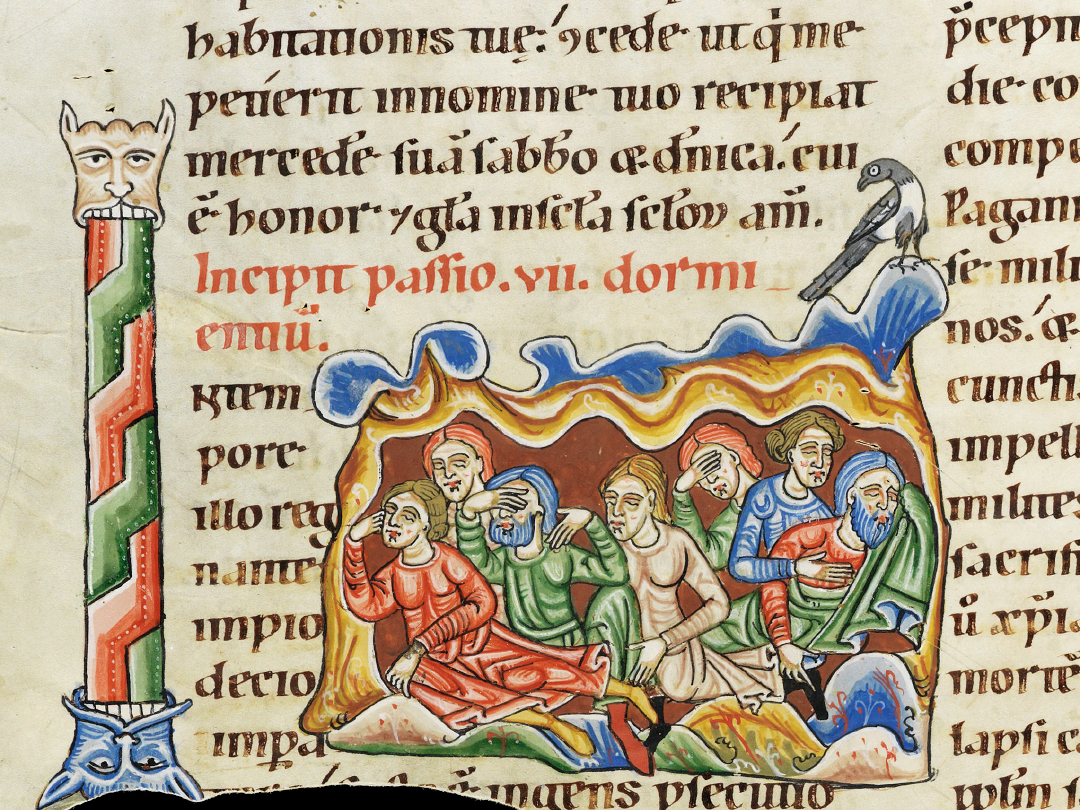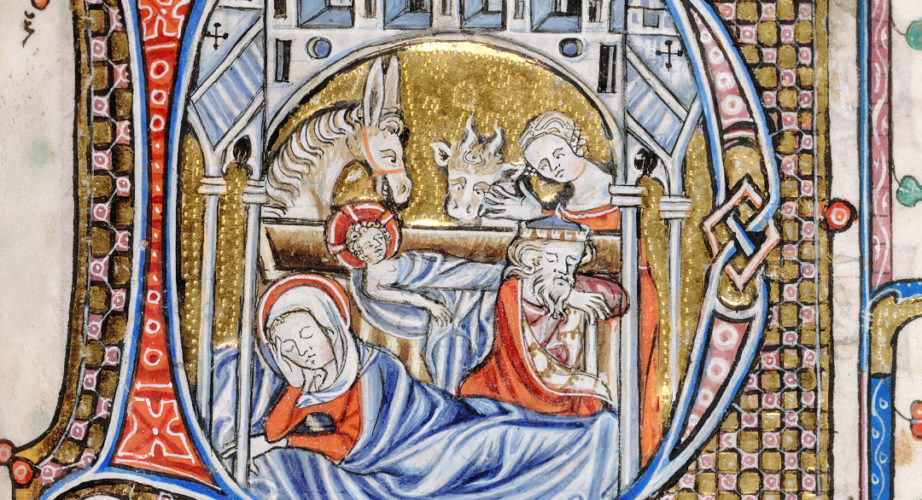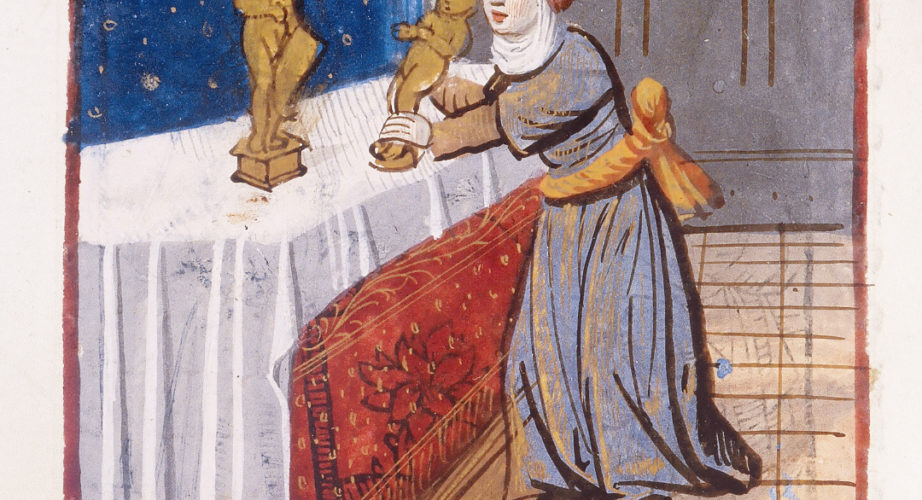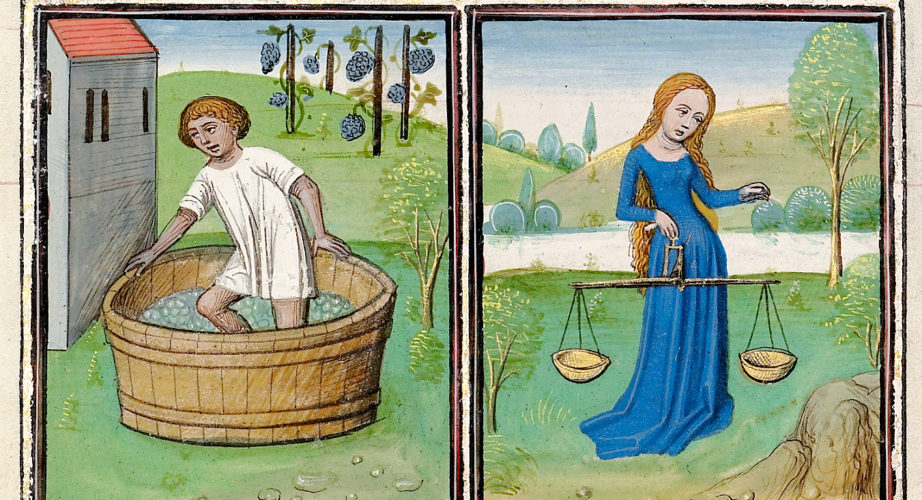The Day of the Seven Sleepers

"Scheint am Siebenschläfer Sonne, gibt es sieben Wochen Wonne."
German-speaking countries celebrated yesterday Siebenschläfertag, the "Day of the Seven Sleepers": according to lore, the weather on this day is said to predict the weather on the following seven weeks. But who exactly are the Seven Sleepers?
The first account of this legend has Syrian origins, coming from the 5th-century bishop Jacob of Sarug; the most popular version, however, is that of the Legenda Aurea by Jacobus de Varagine. As the story goes, during the rule of the Roman emperor Decius, seven young men of Ephesus were accused of being Christians. Being that a time of harsh persecution towards Christianity, they were asked to recant their faith upon pain of their life; the seven, however, decided to retire to a mountain cave where they fell asleep while praying. When they were found out, the cave was sealed and the young men trapped forever. After 200 (or 300) years, however, the sealed mouth of the cave was reopened by the landowner; to his surprise, the seven men were still there, still sleeping. As they woke up from their long slumber, they were astounded to find that so many years had passed, since they thought they had slept but one day; what surprised them the most, however, was that Christianity was now not only accepted - but it was the very official religion of the Empire. The local bishop was called to investigate and, being told their story, acknowledge the miracle. The Seven Sleepers finally died on the very same day of their awakening, once again praising God.
A version of this story also appears in the Qur'an and is thus important to Islam as well, who refers to the men as "The People of the Cave".
"The Seven Sleepers of Ephesus", illumination from the "Passionary of Weissenau", ms. Cod. Bodmer 127, f. 125v, Fondation Martin Bodmer, Cologny.
Two sleepy parents and a very awake Child... in a way, this Nativity…
On September 30, the Church celebrates the feast day of St. Rachel, Jacob's…
Da oggi (precisamente alle 8.50 italiane!), con l'ingresso del Sole nella costellazione della…


